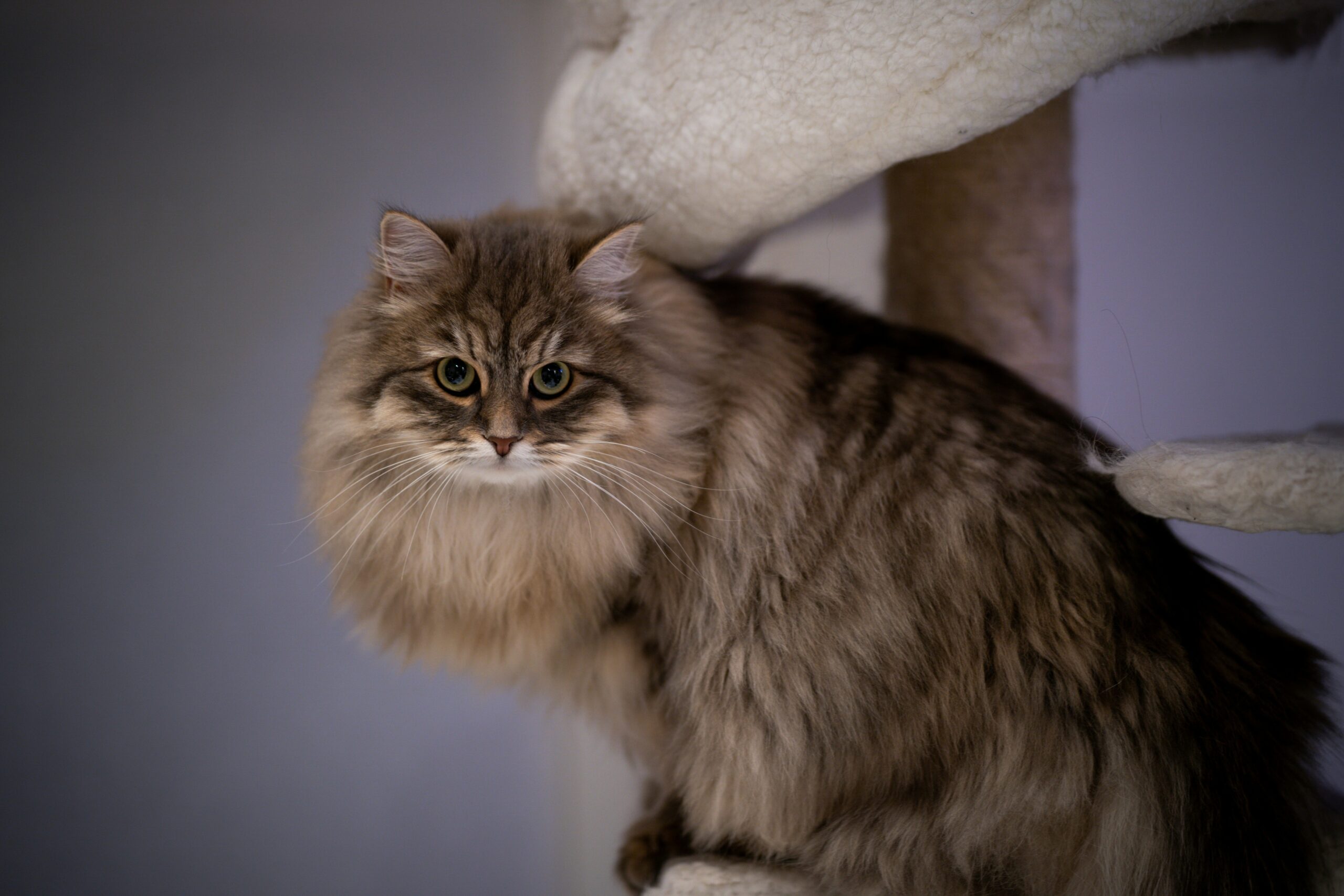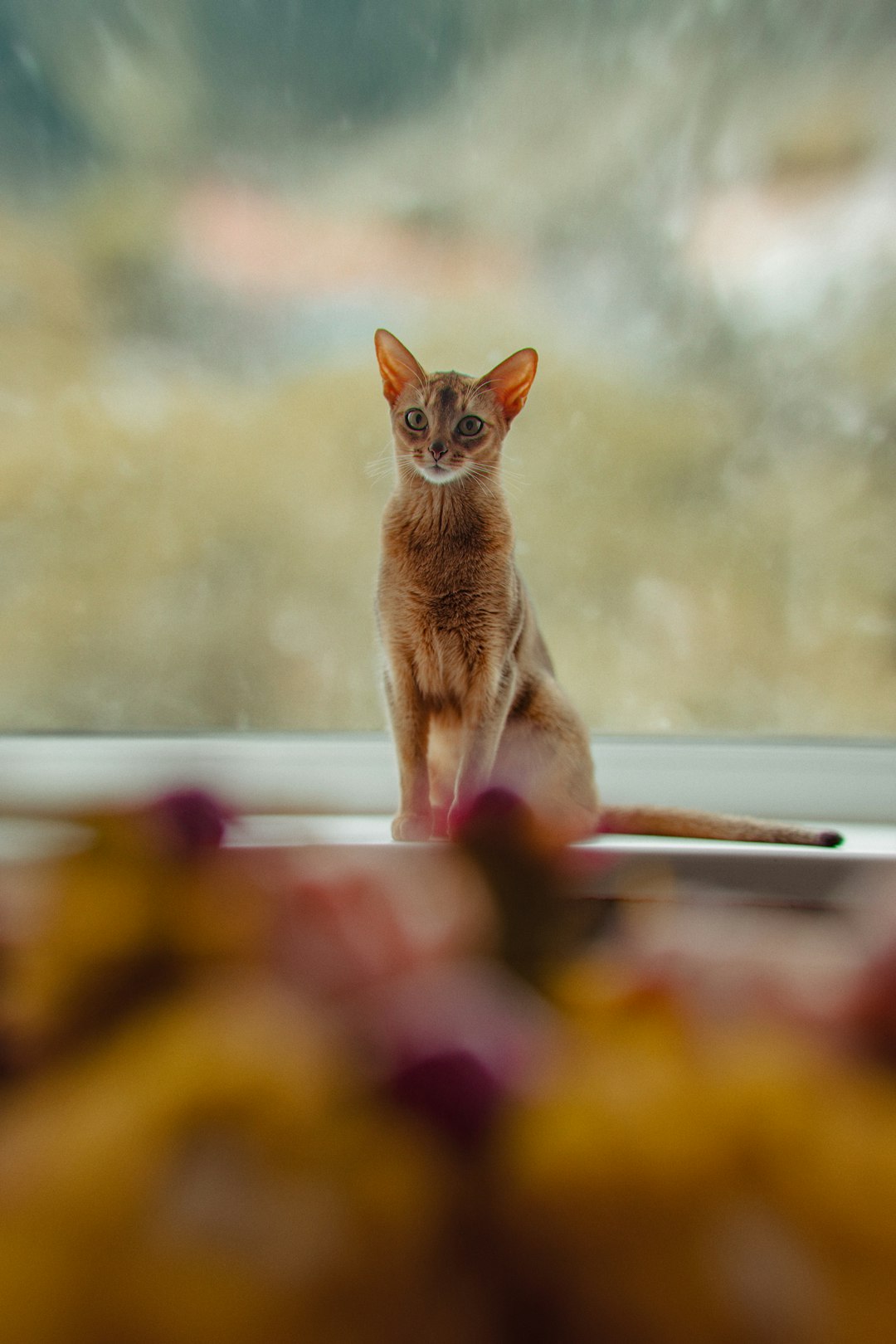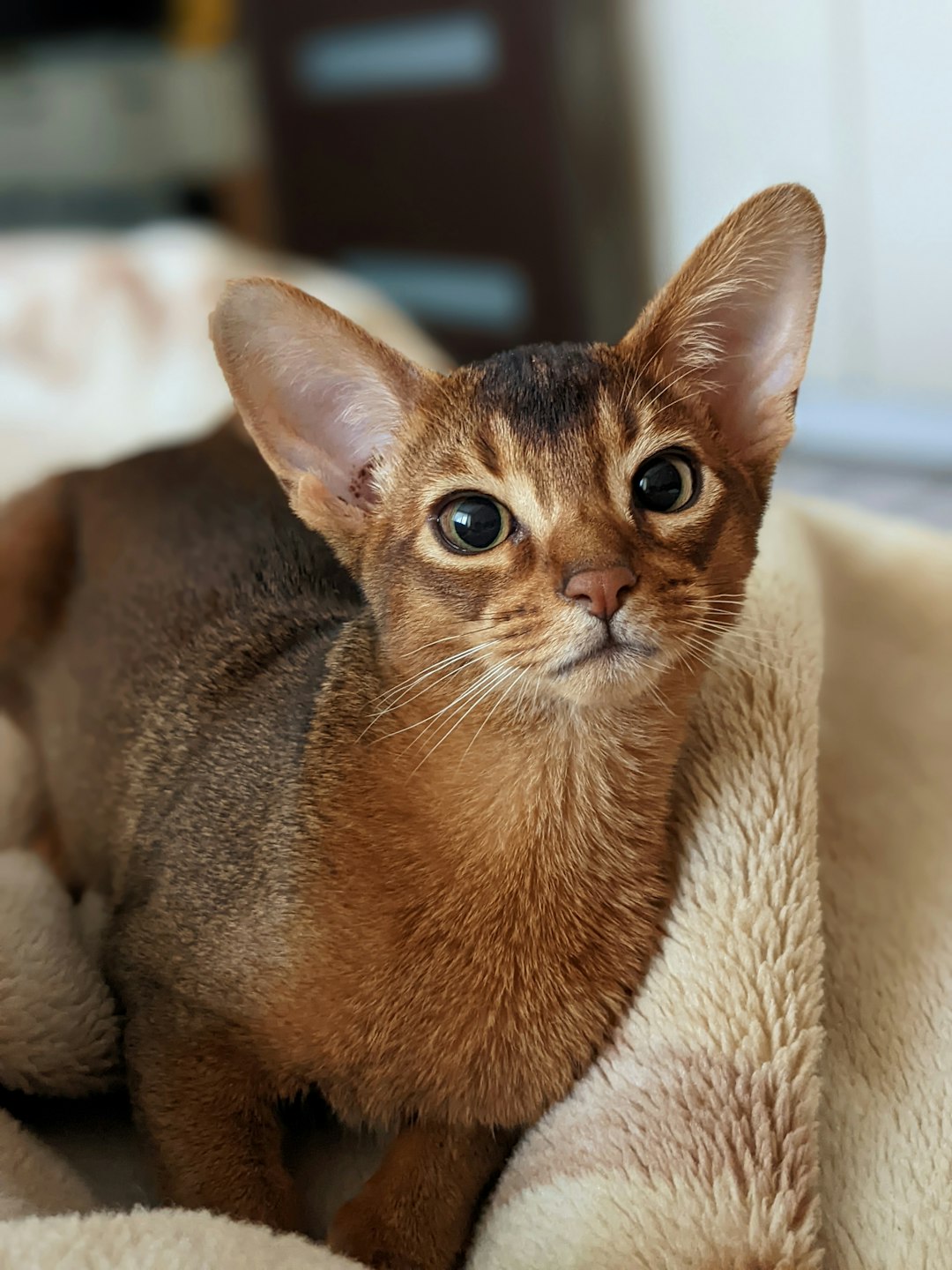The Siberian cat has captivated pet lovers around the world with its striking appearance and affectionate nature. Known for their robust build and luxurious coat, these gentle giants boast a rich history that traces back to Russia. As we explore the fascinating world of the Siberian cat, you’ll discover their origins, physical traits, and endearing temperament. Furthermore, understanding their health needs and grooming requirements will ensure a happy and fulfilling relationship with these magnificent creatures. Join us on this journey to unravel the mysteries and charm of the Siberian cat.
Origin and History of the Siberian Cat
The Siberian cat boasts a rich and fascinating history that dates back centuries. Originating from Russia, these felines developed as natural hunters adapted to the harsh Siberian climate. Below are key points about their origin:
- Ancient Roots: The Siberian cat is one of the oldest domesticated cat breeds, with records suggesting their presence in Russia as far back as the 1000s.
- Cultural Significance: Locals revered the Siberian cat for its ability to control rodent populations. Their friendly disposition and striking looks endeared them to families across Siberia.
- Genetic Lineage: The breed is often thought to be closely related to the Maine Coon and Norwegian Forest cat, sharing similar physical traits and a rugged coat that protects them against cold weather.
Additionally, in the late 20th century, the Siberian cat started to gain fame outside of Russia. Breeders began to emphasize their companionship qualities, leading to their growing popularity worldwide. Today, Siberians are prized not only for their majestic appearance but also for their playful and affectionate nature, making them ideal companions.
Physical Characteristics and Appearance
The Siberian cat is truly a stunning breed, marked by its striking appearance and robust physique. Here are the key features that define these majestic felines:
- Size: Siberian cats are often classified as a large breed, with males weighing between 15-20 pounds, while females typically range from 10-15 pounds.
- Coat: Their luxurious coat is dense and triple-layered, which provides insulation against harsh climates. The fur can be either long or medium-length, giving them a plush appearance.
- Eyes: Siberian cats are known for their captivating, round eyes, which can be green, gold, or copper in color, enhancing their expressive faces.
- Build: With a well-proportioned, muscular body, they exhibit a strong framework and thick legs, leading to a sturdy, robust appearance.
Comparison with Other Breeds
| Feature | Siberian Cat | Maine Coon | Persian Cat |
|---|---|---|---|
| Size | Large | Large | Medium |
| Coat Length | Long to Medium | Long | Long |
| Personality | Affectionate | Playful | Calm |
The Siberian cat not only dazzles with their beauty but also showcases remarkable strength, making them truly unique companions.
Temperament and Behavior Traits
The Siberian cat is not just a pretty face; it’s known for its friendly and playful demeanor. Here’s a closer look at its temperament and behavior traits:
Affectionate: Siberian cats thrive on human interaction. They enjoy cuddling and will often seek out companionship.
Playful: These felines maintain their playful nature well into adulthood. They love engaging in games and are known for their agility.
Intelligent: Siberians are quick learners. They enjoy puzzle toys and interactive games that challenge their minds.
Social: Unlike some breeds, Siberian cats tend to get along well with other pets and children, making them excellent family companions.
Comparison of Temperament Traits
| Trait | Siberian Cat | Other Breeds |
|---|---|---|
| Affectionate | High | Varies |
| Playful | High | Moderate |
| Intelligent | Very High | Moderate to High |
| Social | High | Varies |
In summary, the Siberian cat is a gentle giant, perfectly balancing playfulness with affection. Their friendly disposition makes them an ideal choice for families and individuals alike.
Health and Care Requirements
Caring for a Siberian cat requires a solid understanding of its unique health needs. This breed, while generally robust, can be predisposed to certain health conditions. Here are key considerations for ensuring your Siberian remains healthy:
Regular Veterinary Check-Ups
- Schedule annual check-ups to monitor overall health.
- Vaccinations and parasite control are vital.
Nutritional Needs
- Provide high-quality, protein-rich cat food to support their energy levels.
- Monitor their weight to prevent obesity—common in indoor cats.
Hydration
- Ensure fresh water is always available.
- Encourage hydration with wet food options.
Exercise and Enrichment
- Engage your Siberian in daily playtime to maintain their physical and mental health.
- Use interactive toys and climbing structures to satisfy their playful nature.
Grooming and Coat Maintenance
- Regular brushing reduces shedding and helps maintain their luxurious coat.
- Bathing occasionally may be needed to keep their fur healthy.
By understanding these health and care requirements, you can ensure that your Siberian cat thrives in your home, living a long and happy life.
Grooming Needs for a Luxurious Coat
The Siberian cat is renowned for its stunning, luxurious coat that requires proper care to maintain its beauty and health. Here’s how to keep your Siberian cat looking its best:
Brushing: Aim to brush your Siberian cat at least twice a week. This helps:
- Prevent matting
- Remove loose hair
- Reduce shedding in your home
Bathing: While Siberian cats are naturally good groomers, an occasional bath—around every few months—can help keep their coat fresh and clean.
Check for Parasites: Regularly inspect your Siberian cat’s coat for fleas or ticks, especially during flea season.
Nail Trimming: Maintain your cat’s claws by trimming them monthly. This aids in preventing damage to both their coat and your furniture.
Diet: A balanced diet rich in omega fatty acids supports a healthy coat, making it shiny.
By following these grooming tips, you can ensure that your Siberian cat showcases its gorgeous coat and stays comfortable and healthy!
Training Tips for Siberian Cats
Training your Siberian cat is both rewarding and enjoyable, as these intelligent felines are eager to learn. Here are some effective tips to guide you:
Start Early: Begin training when your Siberian is a kitten. This helps them grasp commands and social skills quickly.
Use Positive Reinforcement: Reward good behavior with treats or affection. This encourages your Siberian cat to repeat that behavior.
Keep Sessions Short: Cats have limited attention spans. Aim for brief but frequent training sessions of about 5-10 minutes.
Be Consistent: Use the same commands and rewards every time to avoid confusing your cat.
Incorporate Play: Utilize toys to make learning fun. For example, use a feather wand to encourage them to respond when called.
Teach Basic Commands: Start with fundamental commands like "sit," "come," and “no”.
Socialize: Expose your Siberian cat to different people and environments to enhance their adaptability and confidence.
By following these tips, you can nurture a well-behaved and happy Siberian cat that thrives in your home.
Living Environment and Compatibility
The Siberian Cat thrives in various environments, making them versatile companions. Here are some essential factors to consider when determining if your living situation suits this magnificent breed:
Space Requirements: Siberian cats are medium to large-sized felines. They require ample space to play and explore, so a home with enough room for them to roam is ideal.
Indoor vs. Outdoor:
- Indoor: Siberian cats adapt well to indoor living when provided with stimulating toys and vertical spaces, like cat trees.
- Outdoor: While they enjoy supervised outdoor time, it’s crucial to keep them safe from potential dangers, such as traffic or predators.
Family Compatibility:
- Excellent with children: Their gentle nature makes the Siberian Cat a perfect playmate for kids.
- Pet-friendly: They typically get along well with other pets, including dogs, provided they are properly introduced.
In summary, the Siberian Cat is adaptable and thrives in loving homes, whether bustling with activity or more serene. Proper care and attention ensure they flourish in any environment.
Common Myths About Siberian Cats
Myths often surround the beloved Siberian cat, leading to misconceptions that can misinform potential owners. Here are some common myths debunked:
Myth 1: Siberian Cats Are Hypoallergenic
While Siberian cats produce fewer allergens compared to other breeds, they are not entirely hypoallergenic. Individuals with allergies may still react.Myth 2: Siberian Cats Are Aggressive
Many believe that the Siberian cat’s robust size equates to aggression. However, these gentle giants typically exhibit a calm and affectionate nature, thriving on companionship.Myth 3: Siberian Cats Require Extensive Grooming
Although their luxurious coat may seem high-maintenance, regular brushing (about once a week) usually keeps their fur healthy and tangle-free.Myth 4: Siberian Cats Are Not Good Indoor Pets
Siberian cats adapt well to indoor living, as long as they receive enough mental and physical stimulation.
By understanding the truth behind these myths, you can better appreciate the charming and gentle nature of the Siberian cat, making an informed decision about welcoming one into your home.
Frequently Asked Questions
What are the key characteristics of the Siberian Cat?
The Siberian Cat is known for its striking appearance and friendly nature. These cats typically have a robust and muscular build, coupled with a slightly rounded face and expressive eyes. Their most prominent feature is their luxurious, thick coat, which comes in a variety of colors and patterns. Siberians are gentle giants, renowned for their playful and affectionate demeanor, making them excellent companions for families and individuals alike.
How do I care for a Siberian Cat’s coat?
Caring for a Siberian Cat’s luxurious coat involves regular grooming to prevent matting and to reduce shedding. It’s advisable to brush them at least once a week using a wide-toothed comb or a slicker brush, particularly during shedding seasons. Bathing is generally not necessary, but if they get dirty, a gentle cat shampoo can be used. Additionally, keeping their living environment clean and maintaining their overall health through a balanced diet will help keep their coat looking its best.
Are Siberian Cats good with children and other pets?
Yes, Siberian Cats are typically very good with children and other pets, which makes them an ideal choice for families. Their playful and affectionate nature allows them to interact well with kids, and they are usually tolerant and friendly toward other cats and even dogs, especially if introduced at a young age. Supervision during playtime is recommended to ensure safety and that interactions remain positive, fostering a harmonious household.
What are common health issues seen in Siberian Cats?
Siberian Cats are generally healthy, but like any breed, they can be prone to certain hereditary health issues. Hypertrophic cardiomyopathy (HCM), a heart condition, is among the most common concerns. Regular veterinary check-ups, a healthy diet, and a proper exercise routine can significantly contribute to maintaining their health. Being educated about potential genetic conditions and being vigilant about any changes in behavior or health will aid in early detection and treatment.



